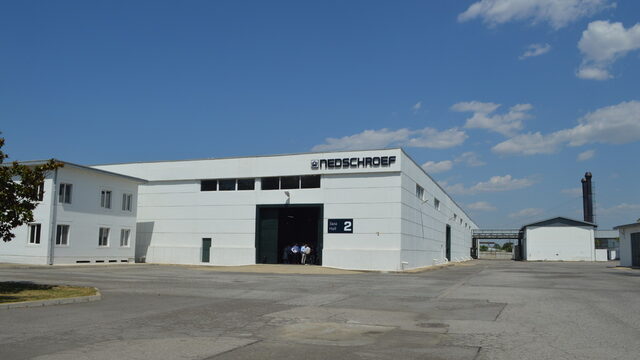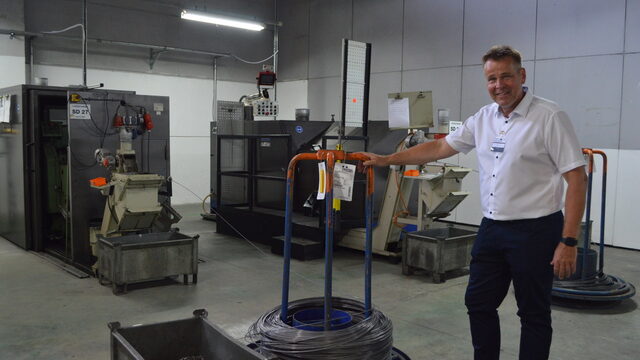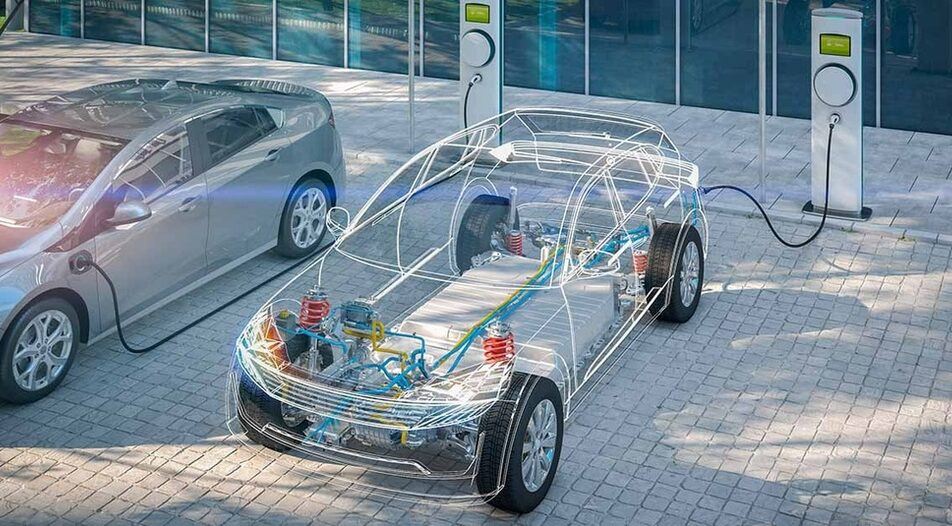Three automotive investment projects worth over 100 million levs (51.1 million euro) in total were announced in Bulgaria within the span of just a few days in July. A day after Austria's Gebauer & Griller Group said it was launching the construction of a plant for components in the city of Ruse, Netherlands-based Koninklijke Nedschroef Holding gave the start to production in Stara Zagora. Meanwhile, it emerged that Germany's Sulzer had chosen Sofia to set up a center for automotive software development.
Though that hattrick is more of a coincidence than a trend, it is a fact that Bulgaria still has something to offer investors: a relatively accessible (i.e. cheap and available) workforce, political stability and proximity to the western market - an asset that became especially valuable after the supply chain problems caused by Covid-19.
The new projects however highlight another trend: investments in manufacturing are now directed primarily to cities other than Sofia and Plovdiv, where the possibilities for hiring hundreds of workers, especially by new companies, seem to have been exhausted.
Expansion to Ruse
Vienna-headquartered Gebauer & Griller (GG) Group, which manufactures critical components for automotive and industrial applications, will invest 29 million euro in a plant in Ruse over the next five years. The project will create about 400 new jobs.
The decision to establish a new production capacity was taken by the company in early June because of the need for additional expansion. "The focus on the growth areas of the automotive industry, in particular e-mobility, autonomous driving and industry digitalization, in parallel with the group's transformation process actively initiated in 2022, have led to full order books," GG Group said in a statement. "That is not reasonably feasible at the existing sites."

The company considered several locations in eastern and southern Europe. "The Ruse site convinced with its favorable geographical location near the border with Romania, economically advantageous demographic conditions and the possibility of further enlargements in the long-term perspective," GG Group told the Capital Weekly.
The new plant will initially spread on an area of 13,000 sq. m. It will focus on making e-mobility products for European carmakers, including high tech electric vehicle components for an unnamed Bavarian industrial group.
However, for further development, expansion in other innovative product segments will also be possible," the group said. The establishment of the initial basic premises is assessed at 1.5 million euro for infrastructure and a further 5 million euro for production facilities. The completion of the new plant and the start of pre-series production are planned for the summer of 2024, with the start of serial production expected in the summer of 2025.
Step by step in Stara Zagora
Netherlands-based Koninklijke Nedschroef Holding chose Stara Zagora for its first East-European plant, which was inaugurated in mid-July. The company is investing 10 million levs for a start, with the whole project planned to reach 50 million levs and create some 300 new jobs.

The new plant will manufacture fasteners for the automotive industry, starting with low-tech products and gradually adding more complex components. While waiting for the delivery of the equipment, the company is training the staff - a process Nedschroef says takes between 6 months for free use and 2 years for full expertise. The holding expects to reach an output of several million units per month in 2024. The new factory in Stara Zagora spans an area of roughly 30,000 sq. m, which Nedschroef has rented from Turkey's Embul Investment with a 10-year contract.
The holding chose Bulgaria for its proximity to Turkey with its numerous steel suppliers, as well as for the availability of qualified workforce in Stara Zagora. The region is known for coal mining, which is expected to be phased-out, leaving thousands of workers to be re-trained. "Frankly speaking, it is very difficult to find workers in Germany, the Netherlands and other places in the world," CEO Paul Raedts told the Capital Weekly.
Software in Sofia
German automotive software supplier Sulzer intends to invest an initial 1.5 million euro to open an R&D center in Sofia, the Bulgarian economy ministry said, adding it will gradually create around 100 jobs for highly skilled IT workers. Picking Bulgaria as a location aligns with the company's strategy for nearshoring, which will enable it to shorten supply chains, according to Sulzer CEO Michael Kraus. He added that the company expects to benefit from synergies and partnerships in the well-developed ecosystem in the automotive sector in Bulgaria.
Founded in 1978, the German company works with car makers such as BMW, Audi, Daimler, Porsche, Rolls Royce, SEAT, Volkswagen and Skoda. It also has clients in the engineering and insurance sectors.
Three automotive investment projects worth over 100 million levs (51.1 million euro) in total were announced in Bulgaria within the span of just a few days in July. A day after Austria's Gebauer & Griller Group said it was launching the construction of a plant for components in the city of Ruse, Netherlands-based Koninklijke Nedschroef Holding gave the start to production in Stara Zagora. Meanwhile, it emerged that Germany's Sulzer had chosen Sofia to set up a center for automotive software development.
Though that hattrick is more of a coincidence than a trend, it is a fact that Bulgaria still has something to offer investors: a relatively accessible (i.e. cheap and available) workforce, political stability and proximity to the western market - an asset that became especially valuable after the supply chain problems caused by Covid-19.












